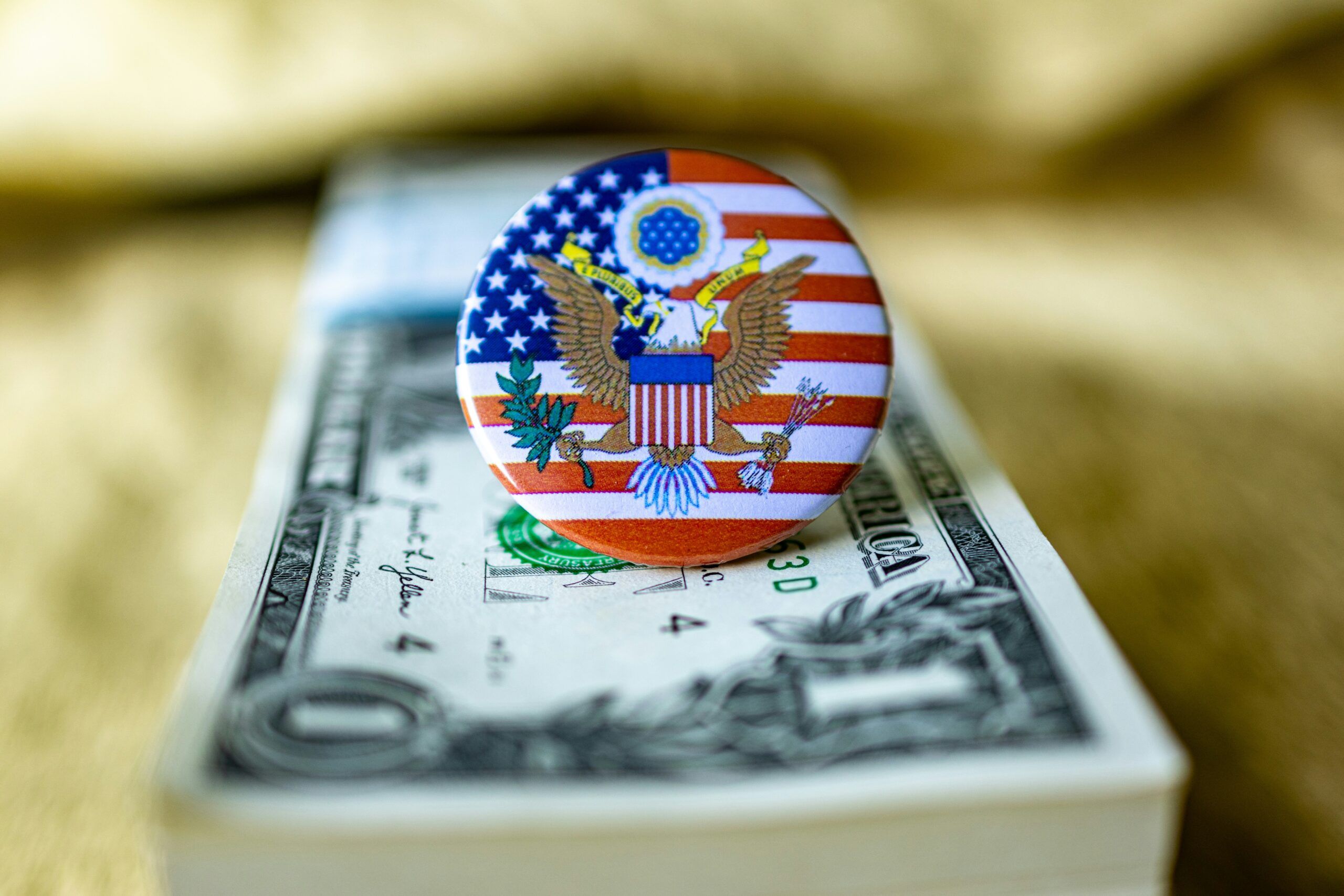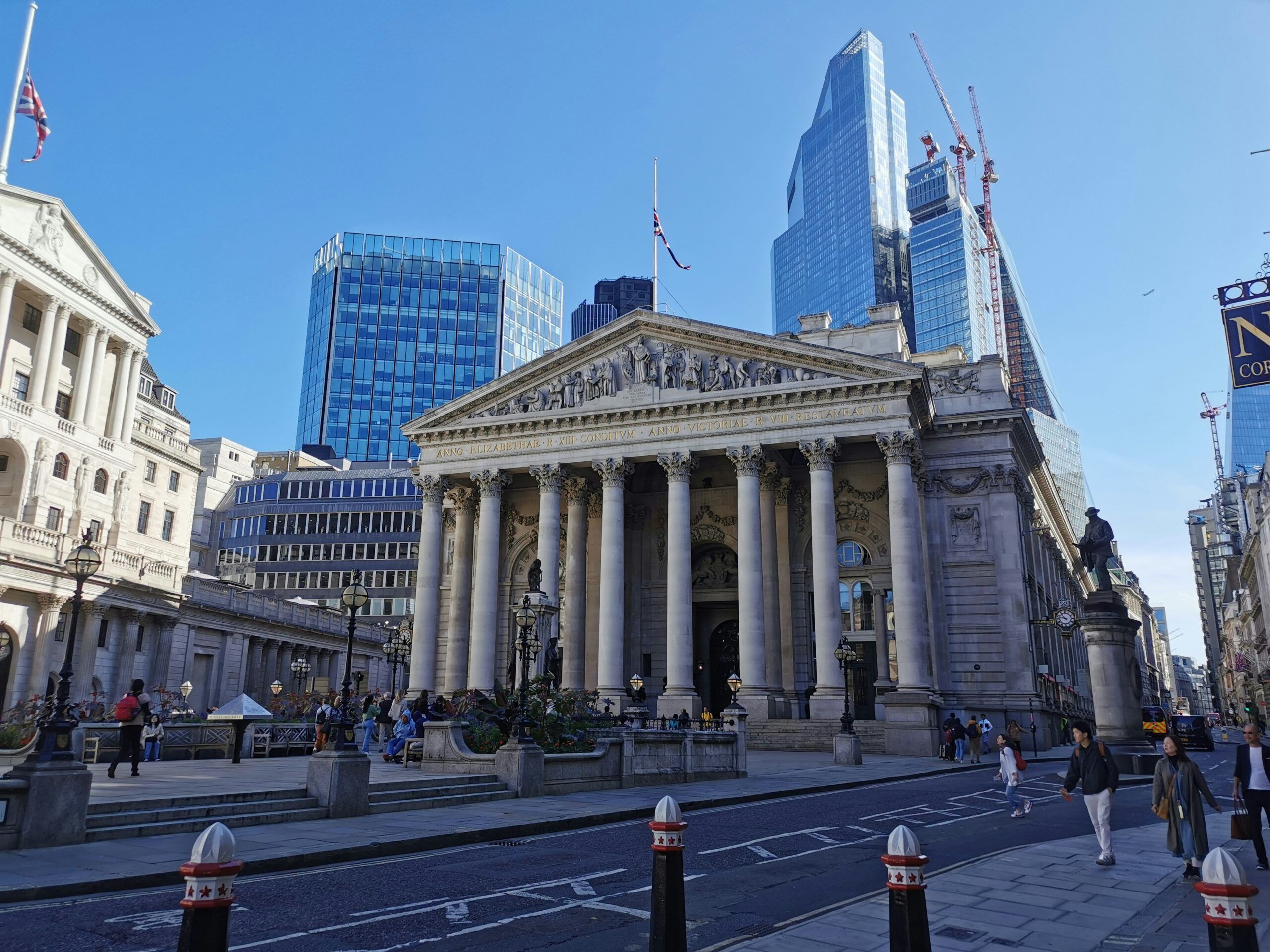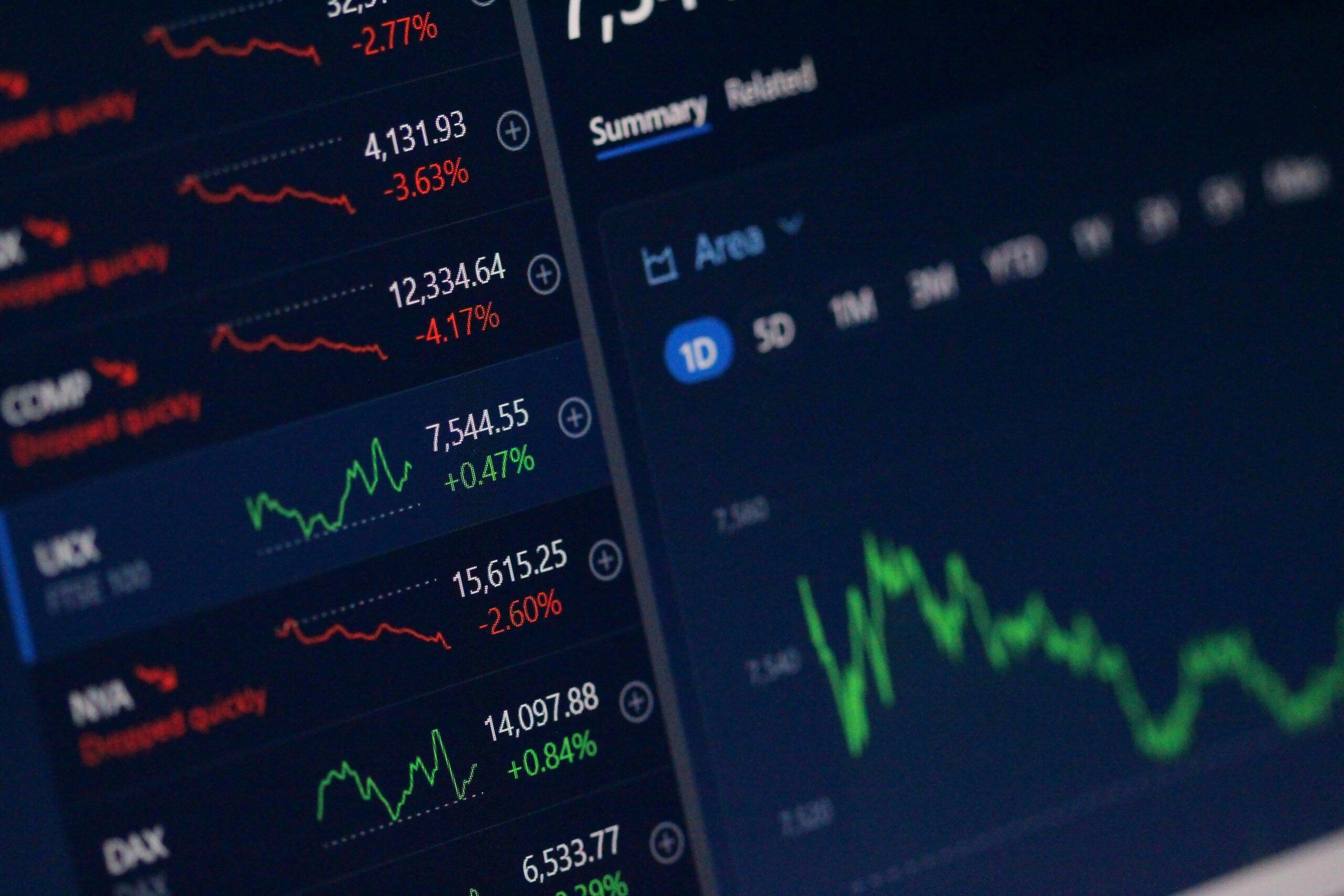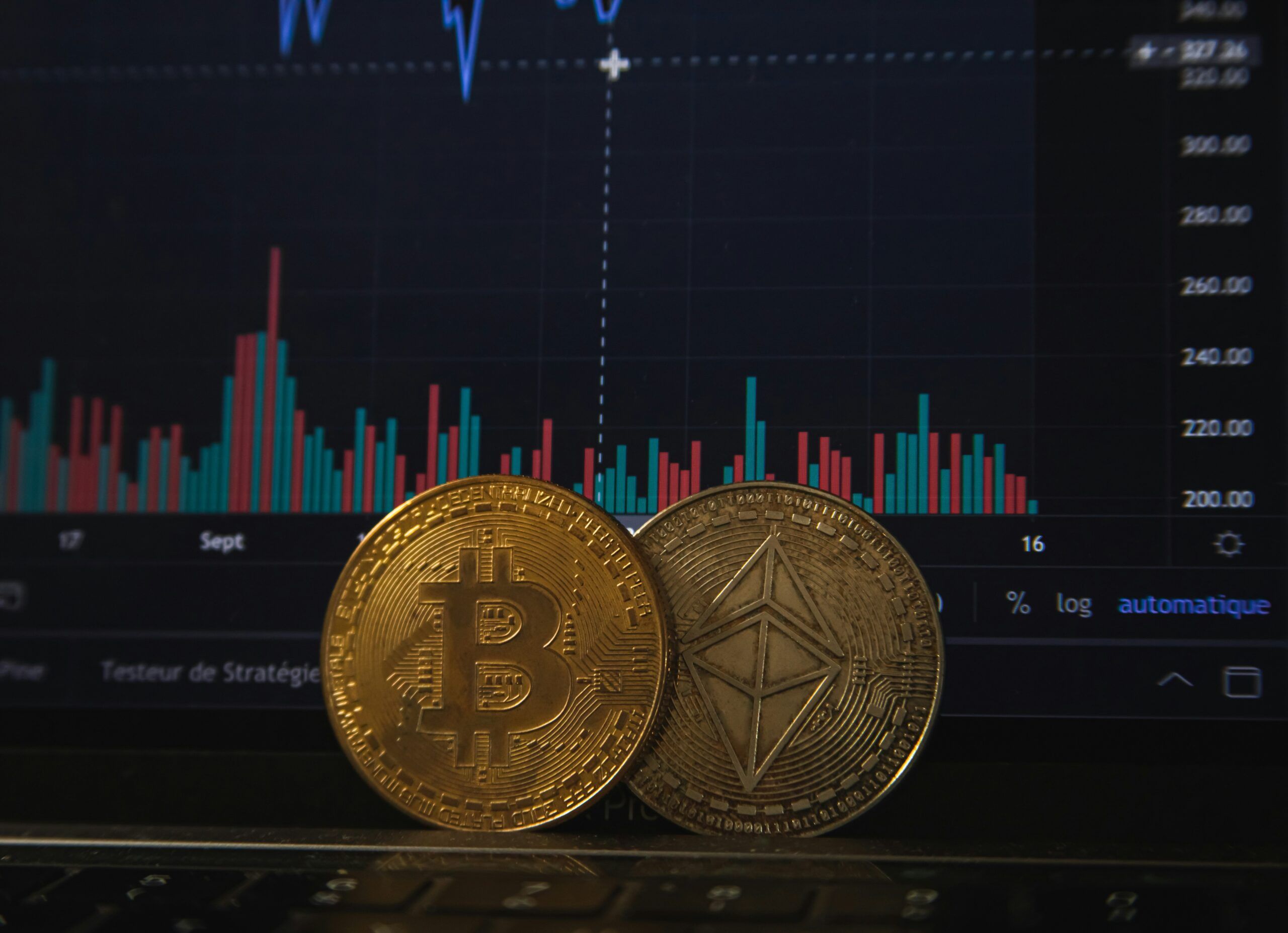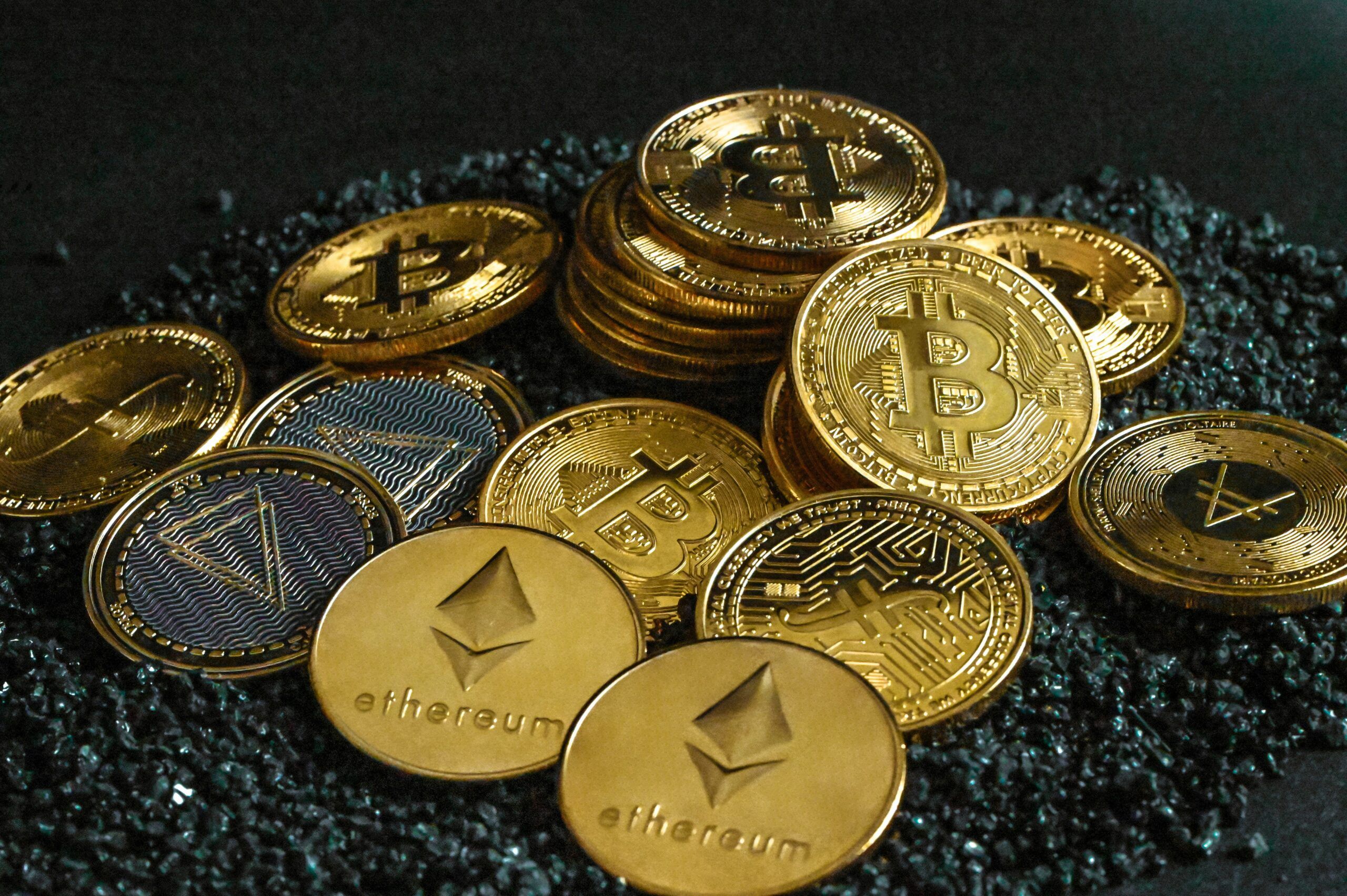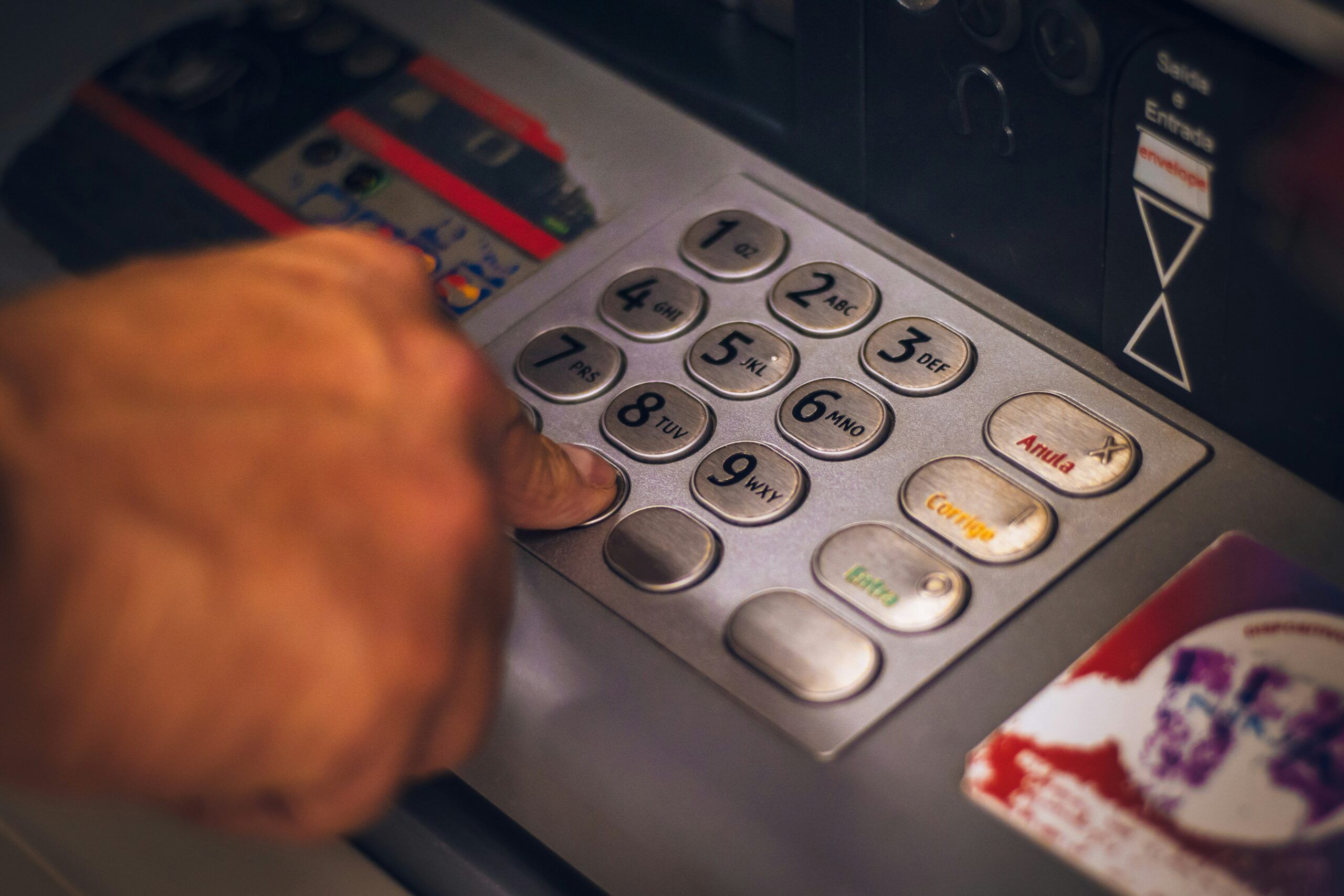Is the US Dollar Under Threat Due to the Policies of Donald Trump?
Donald Trump was inaugurated on Monday 20th January 2025, and since his elevation to the White House, the greenback has lost over 10% of its value against the Swiss Franc, Sterling, and the Euro. Global investors have been turning away from President Trump’s policies, and there is no better measuring stick for their renunciation of his policies than the US dollar. The last time the US Dollar fell so badly was post the Global Financial Crisis 2007 – 2009, when in 2010 the Federal Reserve in order to prop up the economy was excessively printing money.
However, this time around there is no global financial crisis; it is the policies coming from the White House such as expanded global tariffs, the on-going fight between President Trump and the Chairman of the Federal Reserve to push interest rates down, where Chairman Jerome Powell* refuses to budge. Furthermore, there are two further policies which are scaring investors such as the open legal warfare against those who stand up against his policies, and “the big beautiful bill” which has just passed the Senate 51-50, which many experts feel will add to an already massive deficit. These are just a few of the pillars that make up the current administration’s policy and according to the value of the US Dollar are driving global investors away.
*Jerome Powell and Tariffs – On Tuesday of this week, The Chairman of the Federal Reserve Jerome Powell noted that the FOMC (Federal Open Market Committee) would probably have reduced interest rates further without the White House’s policy of expanding global tariffs. He went on to say, “In effect, we went on hold when we saw the size of the tariffs and essentially all inflation forecasts for the United States went up materially as a consequence of the tariffs. We think the prudent thing to do is to wait and learn more and see what the effect might be”.
Experts suggest that tariffs will put upward pressure on inflation and certainly slow economic growth, and the President continuing to flip-flop on the specifics of levies and halting progress on trade agreements has given much worry and uncertainty on the outlook of the US economy. However, having said that, recently released economic data shows that tariffs have yet to impact prices or the labour market with further data showing that job openings rose in May, the highest level since November 2024.
Interestingly, many market experts, traders, economists, and analysts suggest that Donald Trump and his colleagues are ambivalent to the fall in the US Dollar. When questioned as to whether they support a strong dollar, the answer is always inevitably “yes” but little seems to be done in halting the current decline. Analysts suggest the financial markets feel that the White House is happy to see the US Dollar slide downwards in order to boost manufacturing in the United States.
Such speculation has led some observers to suggest that the President is playing with fire as the cost of financing the government has exploded to over USD 4 Trillion as the budget deficit continues on its path like a runaway train. Financing mainly comes from overseas
investors, and when it comes time sell up and bring their money home, a sliding greenback means they lose money. This, some observers feel, could lead to a vicious cycle where global investors continue to pull their funds out of the USA driving up borrowing costs resulting in further declines in the US Dollar with further economic uncertainty and so on and so on. If overseas investors get a whiff that a declining greenback is government policy the results could be catastrophic for the US Dollar.
As the world’s reserve currency, the US Dollar is already on the decline because at the close of business 2014 data showed the greenback accounted for 65% of global foreign exchange reserves and as at close of business 2024 this figure stood at 58%. However, that said, swift data shows that as recently as August last year the US Dollar is used in 49.10% of global payments and as at December 2024 data shows that 54% of global traded invoices are transacted in US Dollar and 88% of foreign exchange transactions are done in USD Dollars.
Analysts agree that in the near future, the US Dollar will undoubtedly keep its status as the world’s reserve currency. However, if the US Dollar continues to slide it will come under severe pressure from foreign investors, and there are already mutterings coming out of the ECB (European Central Bank) that the Euro could, in a few years’ time, be in a position to take over the mantle of the world’s reserve currency. The US has amassed a debt pile of USD 29 Trillion (100% of GDP) and it’s not stopping, it has lost its last remaining AAA rating and the budget deficit over the past few years has increased to 6% of GDP. President Trump without a doubt will have some short-term problems coming his way, but will things have turned around by the end of his presidency, and what will his legacy be?
